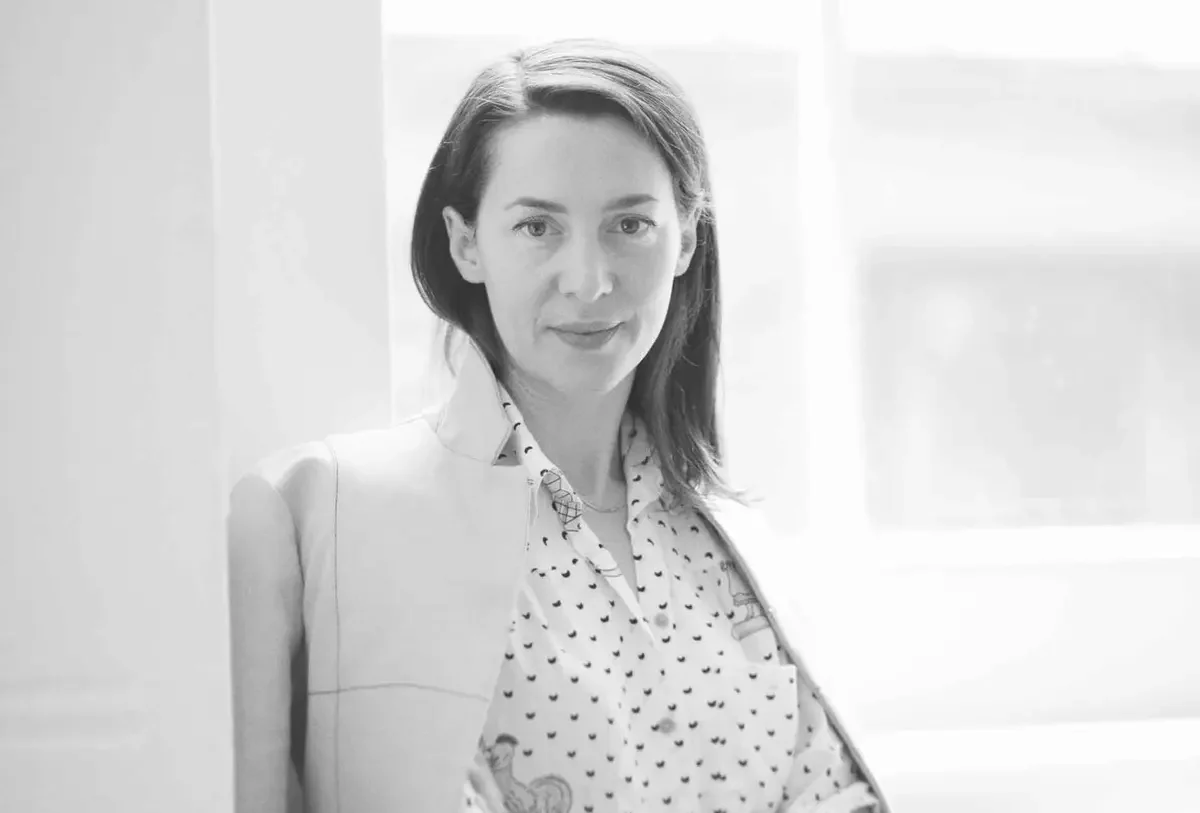
The National Portrait Gallery (NPG) in London has announced Victoria Siddall as its new director. She is the first woman to be appointed to the role in the museum’s 168-year history.
Siddall cut a defining figure for herself within the art industry during her 18-year-long tenure at Frieze, in which time she founded Frieze Masters and grew the London-based fair group to include events in New York, Los Angeles, and Seoul before making a surprise move into a non-executive director position in 2022. Since 2012 she has also been board chair of London’s Studio Voltaire, a leading non-profit for arts and education, which she led through a £2.8 million capital redevelopment campaign in 2021. Since 2022, she has also worked with Tate as a strategic advisor and, from 2023–24, was a trustee of the NPG, having previously served on the museum’s Reopening Committee.
“I’m truly honored to have the opportunity to lead the National Portrait Gallery,” Siddall said. “The art within its walls tells stories of human achievement and what unites us as a society, inspiring and shaping our view of the world and our place in it.”
David Ross, chairman of the trustees of the NPG, said Siddall’s strengths as a cultural leader are “considerable,” as is her knowledge of the art world and its audiences. “I know that she has the vision and determination to build on our recent successes and lead the next stage of the Gallery’s development,” he added.
Notably, Siddall has become a champion for sustainability in the art world, co-founding two charities, Gallery Climate Coalition in 2019 and Murmur in 2023, both of which encourage environmental responsibility among galleries, museums, and the wider cultural sector. With Thomas Dane and Christie’s, Victoria launched Artists for ClientEarth in 2021 which raised over $6.5 million for the environmental charity through donations of works by artists like Cecily Brown, Rashid Johnson, Xie Nanxing, and Beatriz Milhazes.
“In order for art to have that power [to create change], we need to have our house in order as an industry,” she told Artnet News in June. “We need to be doing the work. We need to show we take this seriously.”
Victoria Siddall speaks on sustainability within the art trade at the Art For Tomorrow conference in Venice, Italy, June 2024. Courtesy of Art For Tomorrow.
Siddall takes the reins of the storied institution at a fraught moment for the U.K.’s cultural sector, which has seen funding severely slashed in recent years under a long-reigning Conservative government that was only recently replaced with Labour leadership. Just this week, Prime Minister Keir Starmer warned that, due to a £22 billion budget deficit, “things will get worse before they get better” in a speech at Downing Street about his plans for the U.K. government.
Yet Siddall has said that the U.K. is also suffering from a “communications problem,” suggesting that the situation for the country’s arts scene as not as dire as it seems. “I think Brexit definitely didn’t help us in terms of perception from outside,” she said in a recent interview for Artnet’s The Art Angle podcast.
“But really in terms of the kind of vibrancy of the atmosphere, the range of art that is on show in London at any given time, the fact that we still have free access to some of the best museums in the world and they’re there for anybody to come into at any time—I still find quite extraordinary” she said, adding that she had high hopes for what was possible under a new government.
Lisa Nandy, the new Secretary of State for Culture, Media, and Sport, said she is “delighted” that the NPG is making history with the appointment of its first female director. “[Siddall’s] leadership will lead the Gallery from strength to strength, building on their successful reopening last year,” she said. “I am excited to see what she and the National Portrait Gallery team will have in store for us in the coming years.”
The appointment, made by the NPG’s Board of Trustees, was approved by the U.K. Prime Minister; Siddall will take up the post in the Fall, taking over from interim director Michael Elliott. She succeeds Nicholas Cullinan, who took the helm of the British Museum in June.